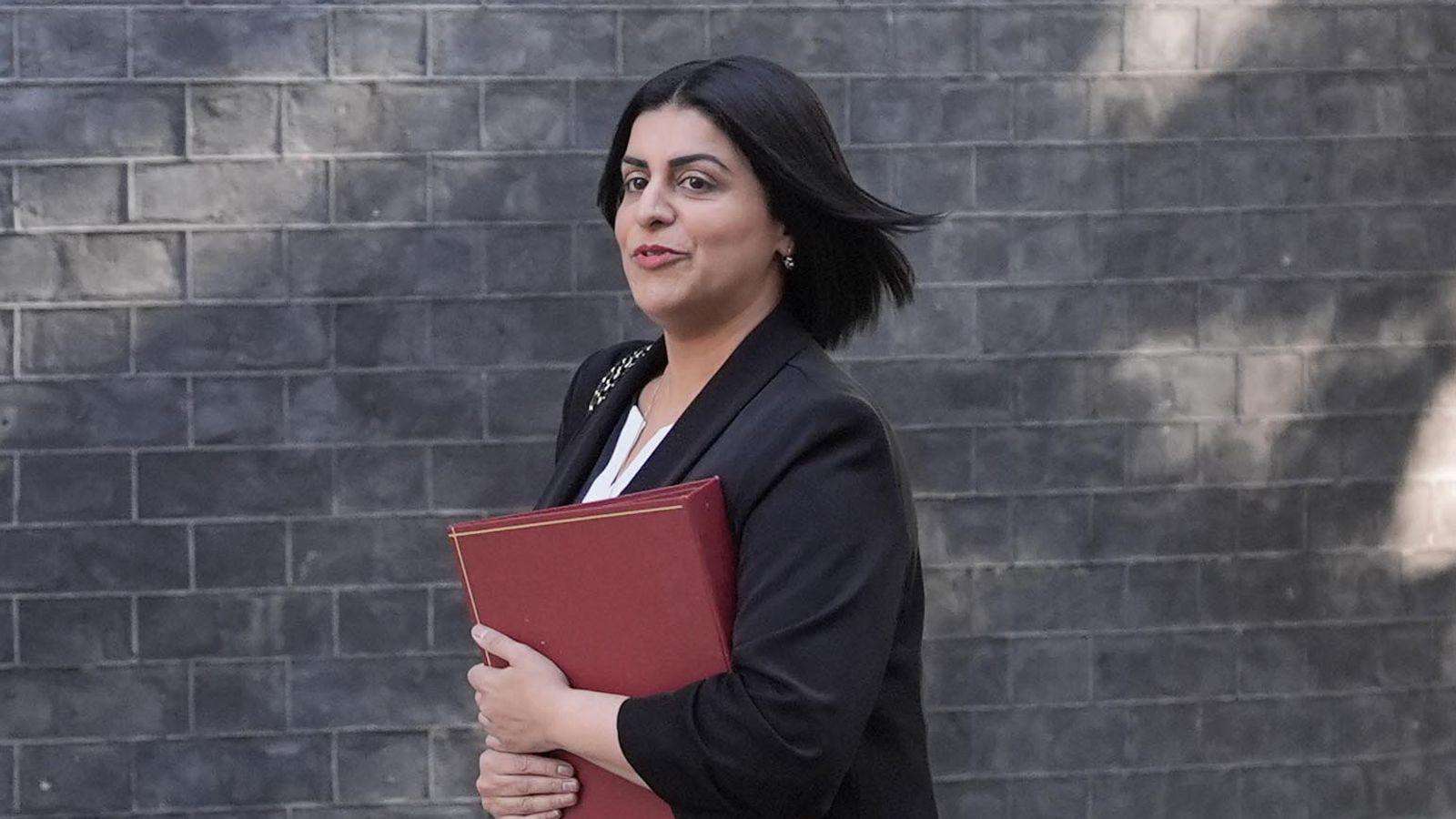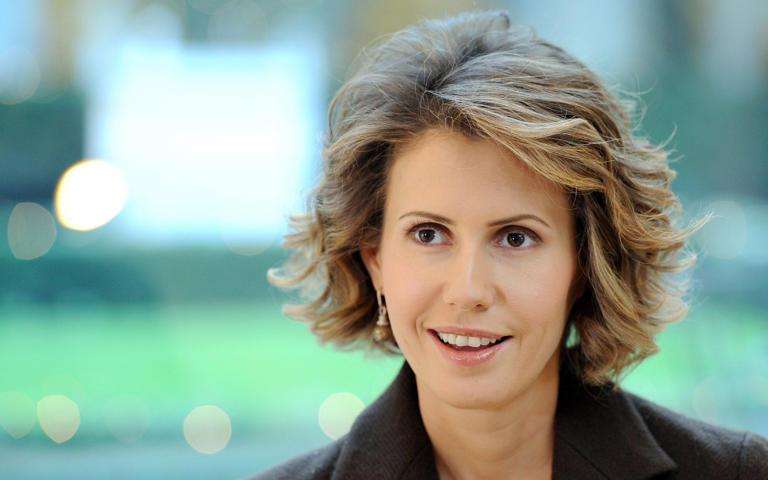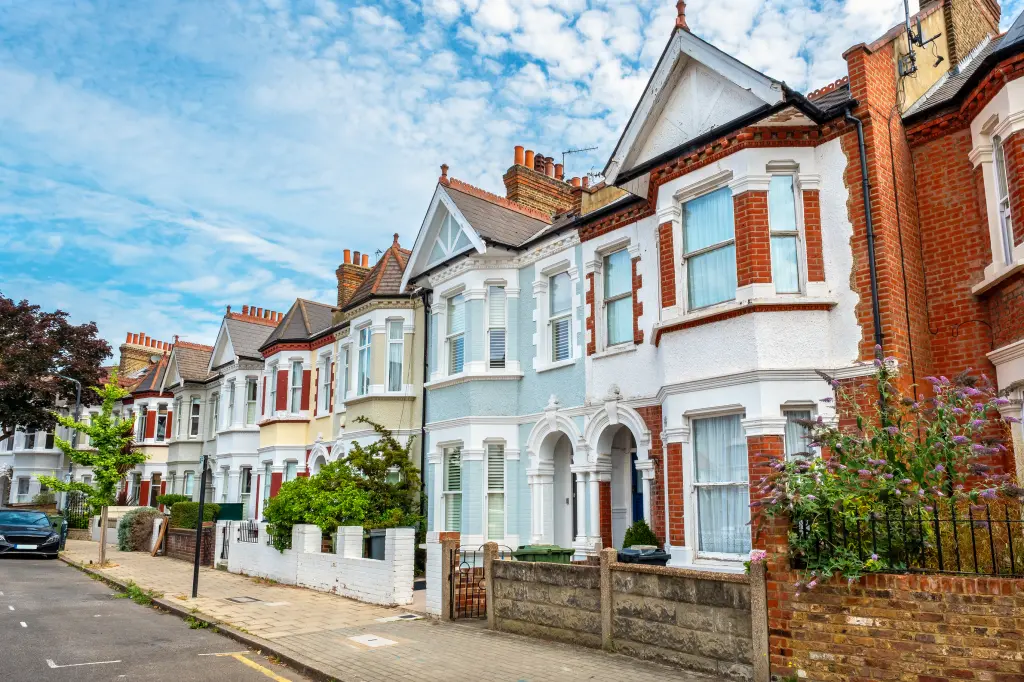According to The Telegraph, physicians have isolated Asma al-Assad, who has leukemia and has been given a "50/50" chance of survival.
The British wife of Bashar al-Assad, the overthrown Syrian ruler, is not allowed to be in the same room as other people in order to prevent infection.
Her father, Fawaz Akhras, has been caring for his daughter in Moscow and was described as “heartbroken” by sources in direct contact with her family.
Assad and his wife sought asylum in Moscow after his brutal regime lost its grip on power after 13 years of ruinous civil war.
Syria’s presidency announced in May this year that the then-first lady had been diagnosed with acute myeloid leukaemia, an aggressive cancer of the bone marrow and the blood.
She had also been previously treated for breast cancer and in August 2019 announced that she was “completely” free of the disease after a year of treatment.
Her leukaemia is believed to have reappeared after a period of remission.
“Asma is dying,” said one source who has communicated directly with a representative of the family in recent weeks. “She can’t be in the same room with anyone [because of her condition].”
Another source, who has been in contact with the family in Moscow, said: “When leukaemia comes back, it’s vicious.
“She has been 50/50 in the last few weeks.”
Mrs Assad, a 49-year-old dual Syrian-British national, is thought to have flown to Moscow for treatment sometime before the Kremlin persuaded her husband to flee in the face of lightning rebel advances.
Her father, a respected Harley Street cardiologist, has been looking after her for much of the past six months, firstly in the United Arab Emirates and later in Moscow.
The disclosure comes after reports that she is tired of restrictions placed on her in Moscow and is seeking treatment in London and wants a divorce.
The Assads have not commented on the reports, though the Kremlin later denied she was seeking to separate from her husband.
This week, Robert Jenrick, the shadow justice secretary, said it would be “an affront to the millions of Assad’s victims if his wife returned to a life of luxury in the UK”.
The Telegraph can also disclose what is thought to be the origin of the divorce reports. Turkish journalists are understood to have been briefed by Russian diplomats.
Despite extensive Russian military and economic support to Assad from 2015 onwards to enable him to maintain his grip on power, the personal relationship between Putin and Assad is said to have cooled in recent months.
The two leaders are said to have remained wary of each other, with Moscow frustrated at Assad’s refusal to make reforms or to engage with opposition groups.
Assad’s defeat despite Russian security assurances has now become an embarrassment for Putin, analysts and observers argue.
His defeat also means Moscow risks losing the port of Tartus and several military bases in Syria which have become cornerstones of Russia’s operations in the Mediterranean and Africa.
Mrs Assad grew up in Acton, west London with her father, her mother, Sahar, a former diplomat at the Syrian embassy, and her brothers Feras, 46, and Eyad, 44, who are also now doctors.
She gained a first in computer science from King’s College London and went into investment banking before she began dating Assad in 1992.
Assad was then not expected to succeed his father, but after his brother Bassel died in a car accident in 1996, he became heir apparent, and then president in 2000.
The couple’s outwardly reforming and Western-friendly image unravelled when Assad savagely repressed pro-democracy protests in 2011, plunging the country into war.
Mrs Assad has been sanctioned for her role supporting her husband and the Foreign Secretary this month said he did not want to see her back in the UK.
David Lammy said: “I want it confirmed that she’s a sanctioned individual and is not welcome here in the UK.”
He added he would do “everything I can in my power” to ensure no member of the Assad family “finds a place in the UK”.
Assad and his wife have three children: Hafez, a PhD student, Zein and Karim. They have been joined in Moscow by extended family.
Hafez was already in Moscow when his father was toppled, studying mathematics at Moscow State University.
In late November, the 22-year-old defended his dissertation, written in Russian and focused on algebraic number theory and polynomial research.
In his closing remarks, he expressed gratitude to “the martyrs of his homeland”, particularly those from the Syrian army.








.svg)


